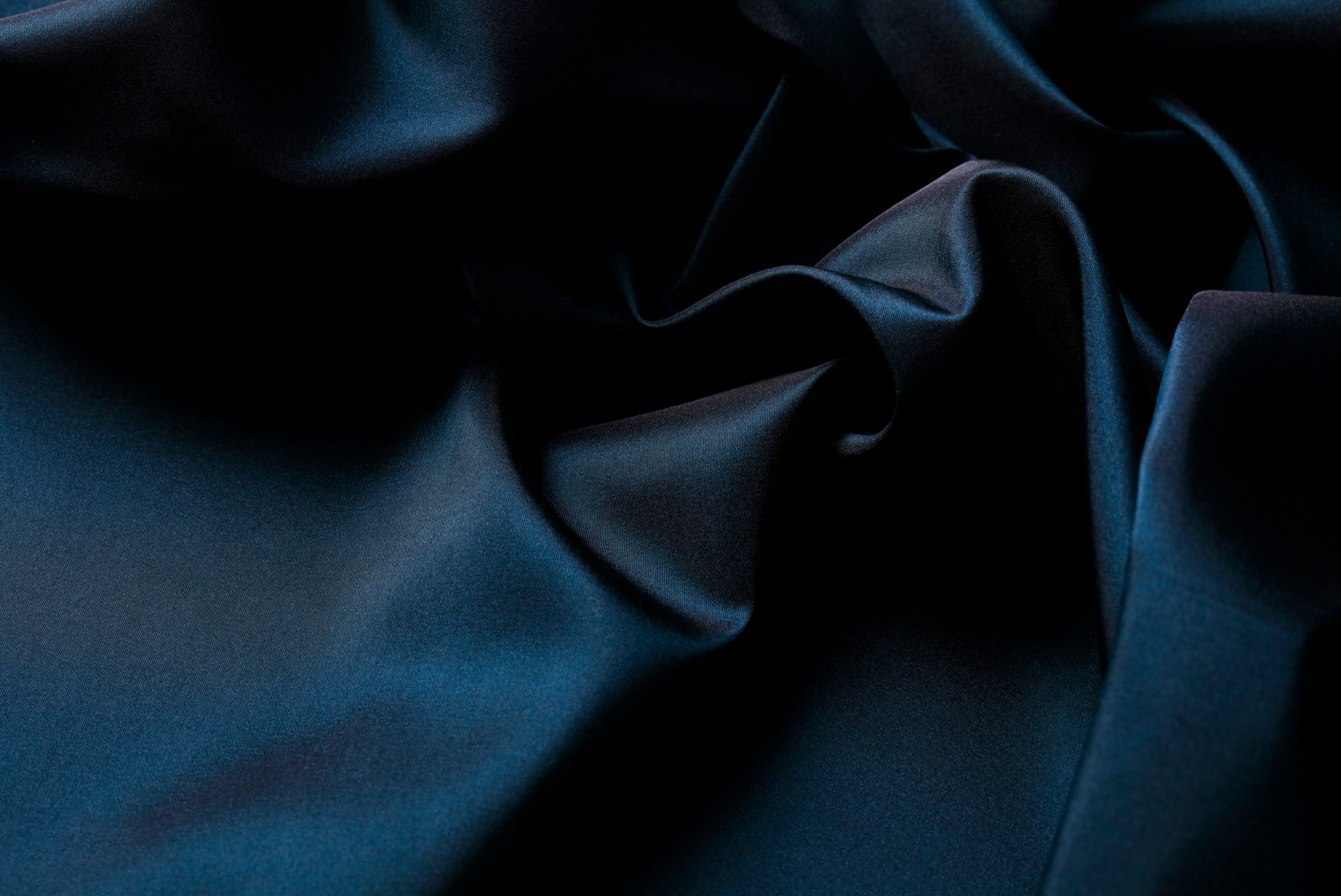
AFTERCARE
Cleaning Solutions:
The only thing that you should use to clean your fresh piercing is sterile saline solution.
We recommend NeilMed Piercing aftercare which can be purchased from us.
We do not recommend contact lens solution, eye drops, or other non-sterile saline products which have extra ingredients as these may irritate the piercing. We do not recommend making your own saltwater solution as this can often result in the solution being too salty which can dry out the area and irritate the piercing.
How to clean your piercing:
Always wash and dry your hands before cleaning your piercing. Clean your piercing with sterile saline solution twice daily (morning and night). Spray the saline onto the piercing site and allow it to sit for 1 minute, then gently remove debris and dry the area with non-woven gauze or a tissue that does not shed fibres. Avoid cotton buds and toilet roll. Oral piercings should be rinsed with mild non-alcoholic mouthwash after eating and drinking.
What to expect after the piercing is done:
Some redness and potential bruising around the site of the new piercing.
Some tenderness and swelling around and near the new piercing.
Some bleeding from the new piercing, especially if it is knocked or you have taken blood thinning medication (aspirin).
Some “crusties” around the piercing site.
“Piercing bumps” are common, especially on areas of cartilage. These are usually caused by irritation and if this occurs, we can give advice on how to care for them, so they eventually go away.
What to avoid:
Avoid cleaning with alcohol, hydrogen peroxide, antibacterial soaps, iodine, tea tree oil and wound wash solutions. These products are too harsh for a new piercing and can irritate the piercing.
Avoid submerging fresh piercings in bodies of water such as pools, hot tubs, baths, the sea and lakes. These are full of bacteria and increase the risk of infection and irritation.
Avoid putting pressure on your new piercing such as tight clothing or sleeping on the piercing.
Avoid saliva on new piercings as it can increase the risk of infection.
Handy tips:
Every few days with clean hands, check that the balls are tight to prevent them from coming loose during healing.
Change pillowcases and anything that comes into close contact with the piercing regularly.
If you have a hairdressing appointment, let them know you have a new piercing to ensure they take care not to knock it or get product in it.
If you sleep on your side, try using a U-shaped travel pillow to sleep. Place the pillow around your ear (so your ear is in the hole) so the piercing is not under pressure.
Look after yourself. Healing piercings is dependent on your immune system, so a healthy lifestyle can help your piercing heal.
We recommend that you come back in 6-8 weeks for a check up so we can assess if the piercing requires a downsize. This is important because as the swelling goes down, the bar length can become an irritation risk.
Piercings can take anywhere from 6 months to a year to fully heal. Piercings heal outside first, so even if your piercing appears healed, the inside may still be healing. Avoid changing jewellery regularly until the piercing is fully healed.
